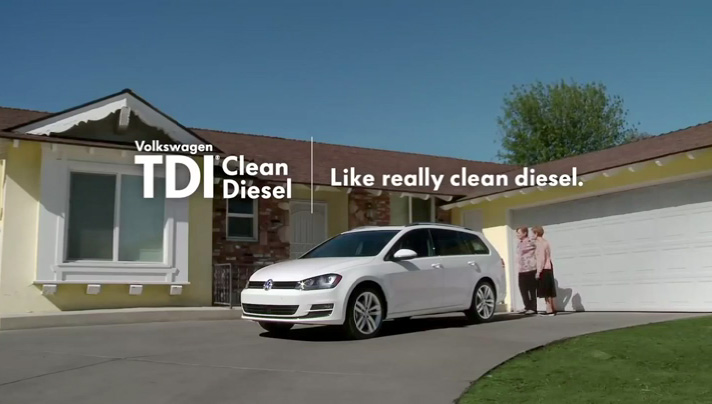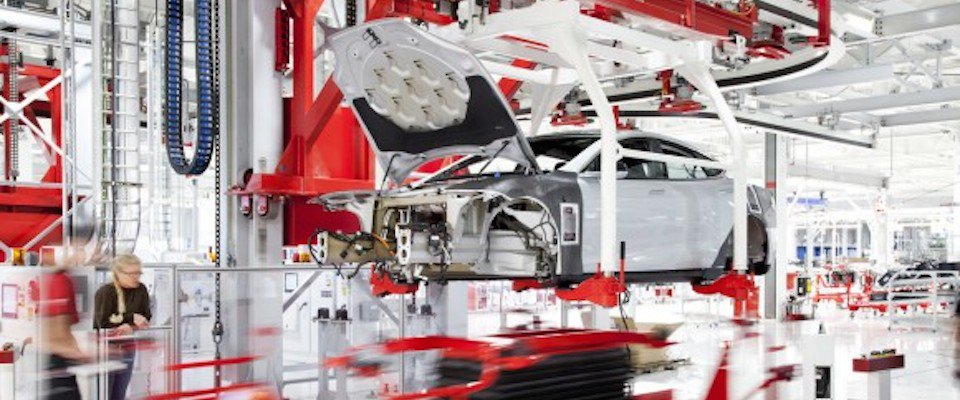The Volkswagen diesel scandal has largely fallen out of the public eye in the U.S., as VW and Audi buy back and modify roughly half a million noncompliant vehicles sold from 2009 through 2016.
In Germany, meanwhile, the major sellers of diesel vehicles—not only VW Group but also Mercedes, Opel, and Fiat—have agreed to modify 5 million newer diesels now on the road to reduce their emissions.
They'll also offer four-figure trade-in bounties to encourage owners of the dirtiest diesels still on the road, those sold under Euro 4 rules before 2009, to trade them in for scrapping and buy a newer vehicle.
DON'T MISS: VW, Mercedes, Opel, Fiat launch buybacks of dirtiest diesels in Europe
VW alone used its "defeat device" software in 11 million diesel vehicles globally, and if every one of those had to be bought back on the same terms as in the U.S., it would likely have bankrupted the company.
Similar numbers likely apply to the other European makers, including those like PSA Peugeot Citroen who haven't yet signed onto the modification-and-bounty program.
That program was developed by a German panel on the diesel crisis with members from both government and the German auto industry.

Volkswagen TDI 'clean diesel' television ad screencap
Assuming European automakers follow through on their commitments, the general consensus among industry observers and analysts is that Europe's car industry (centered in Germany) has largely dodged a bullet.
Or as Bloomberg put it in a headline two weeks ago, the "diesel drama" fizzled as makers escaped more costly fixes.
The fact that Greenpeace activists scaled a building to protest the meeting that led to the announcement (requiring a last-minute change of venue) indicates some disappointment in the outcome.
CHECK OUT: Merkel rejects electric-car quotas for Europe: 'not well thought out'
But how confident should German makers be about continuing along the same path in the future?
The country's chancellor, Angela Merkel, told a reporter she forsees "the end of the road" for cars with combustion engines, even as she pushed back against the idea that Germany should ban the sale of such cars after a specific date.
Commenting on the agreement, a columnist for the British business newspaper The Financial Times writes that nonetheless, "Germany's carmakers face their iPhone moment" (subscription required).

Tesla Motors production line for Tesla Model S, Fremont, California
It will come as Tesla Model 3 production ramps up, with Audi, BMW, and Mercedes squarely in the California company's sights.
A modern luxury sedan has perhaps 30,000 individual components, Goldman Sachs estimates, while a Model 3 likely has 6,000 to 7,000.
That simplicity has led German automotive unions to press hard for in-house manufacturing not only of electric cars but also the lithium-ion battery cells and modules that go into their battery packs.
Otherwise, they fear, as many as one-third of all current auto-industry jobs could vanish over time as simpler electric cars require fewer people (and more automated electronics fabrication equipment) to build.
Ten years ago, German makers were gearing up to launch their "clean diesel" vehicles into the U.S. as more fun-to-drive alternatives to unexciting hybrid vehicles.

2008 Toyota Prius
Now, after the VW diesel scandal that's still working its way through the German legal system, all of them have accepted the inevitability of battery-electric cars, driven in part by the shock of the 2012 Tesla Model S.
In other words, the pain for German makers (and to be fair, the industry at large) is not yet over, and far more disruption lies ahead.
_______________________________________













